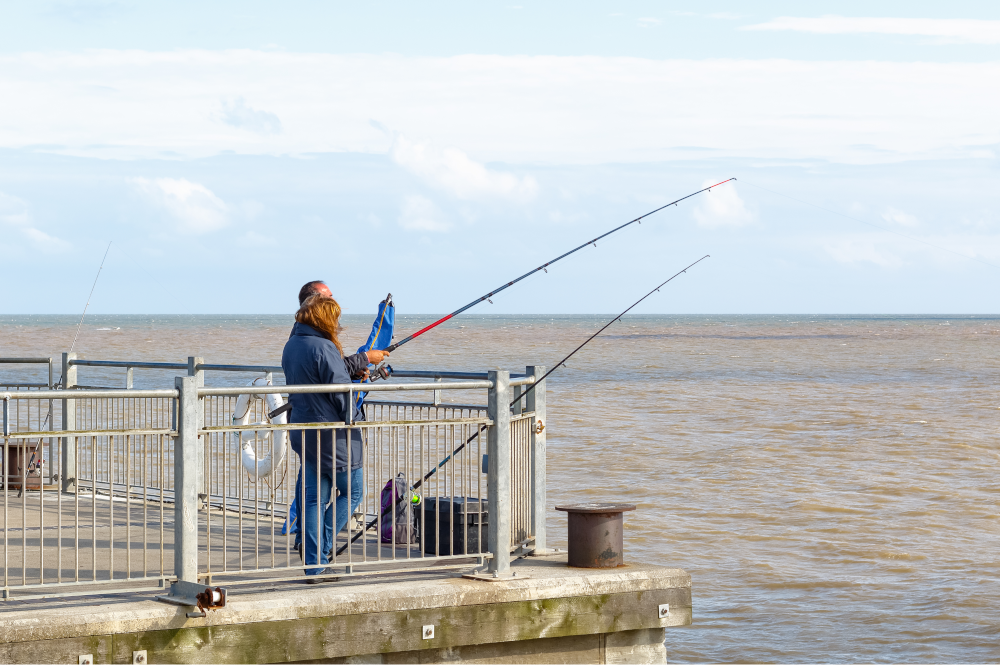
New data released by Substance and Cefas this week reflects the rates of participation, effort, catches, and the impact of COVID-19 in recreational sea fishing across the UK from 2016 to 2021. Based off of the Sea Angling Diary project and additional surveys, this report also highlights the importance of recreational sea angling through the economic benefits and the societal benefits around wellbeing.
Our ongoing citizen science project – the Sea Angling Diary – has run since 2016 and, since then, over 5000 diarists provided data on over 48,000 fishing sessions and 362,000 catch records from 216,000 hours of angling activity.
Key findings from the report:
Between 568,000 to 753,000 of UK adults had been sea angling in each year, fishing for a total of around 5.1 to 6.8 million days each year.
Around 100 species were caught resulting estimates of catches of around 7 million fish retained and 28 million fish released each year.
Around 80% of fish were released demonstrating that conservation is important to sea anglers.
Catch composition was similar between years with mackerel, whiting, lesser spotted dogfish, and sea bass the most caught fish.
This report will be used by scientists, policy makers, and the angling community to inform advice for sustainable management of the UK fisheries alongside ensuring the economic and recreational importance of sea angling is recognised.
To find out more and to access the full article, click the link below.











